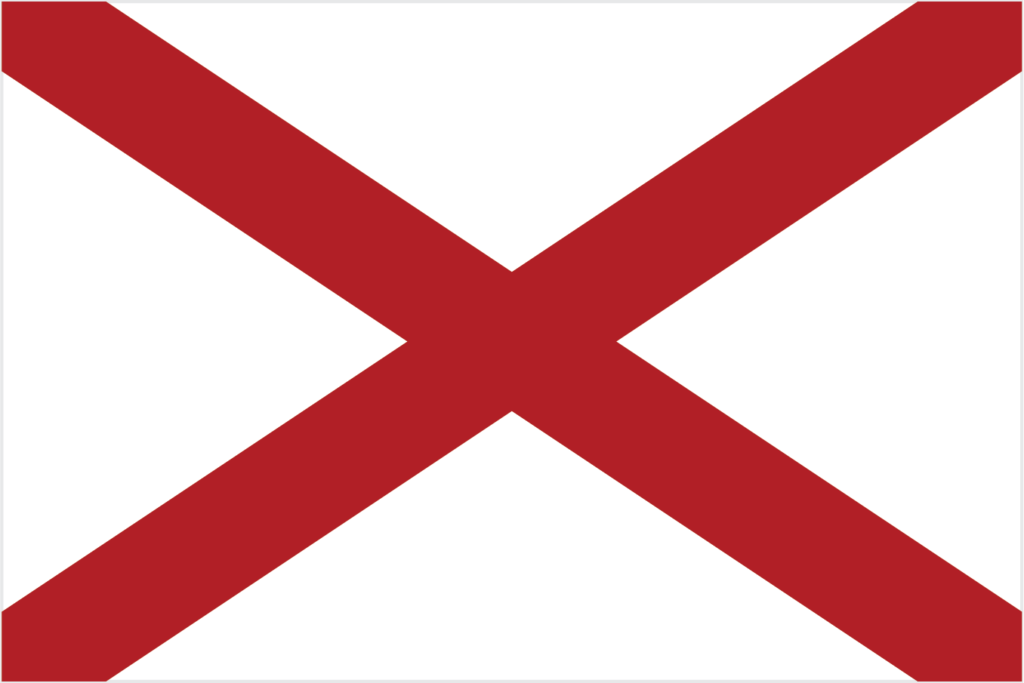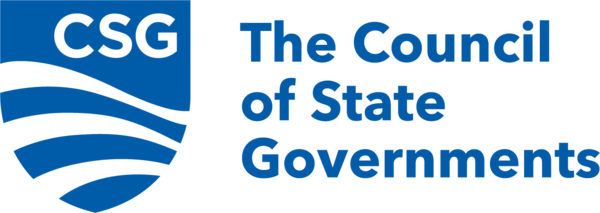Third-Party Verification of License Requirements

With the transition to online license application and renewal processes accelerated by the pandemic, states must consider how best to manage third-party verification in online licensing systems. Most states with such systems do not allow applicants to upload documents. Instead, documents must be provided by institutions of higher education or verified by a national association. In rare cases, applicants can upload a document signed by a school official as proof of completed education requirements.
Read More »Third-Party Verification of License Requirements




